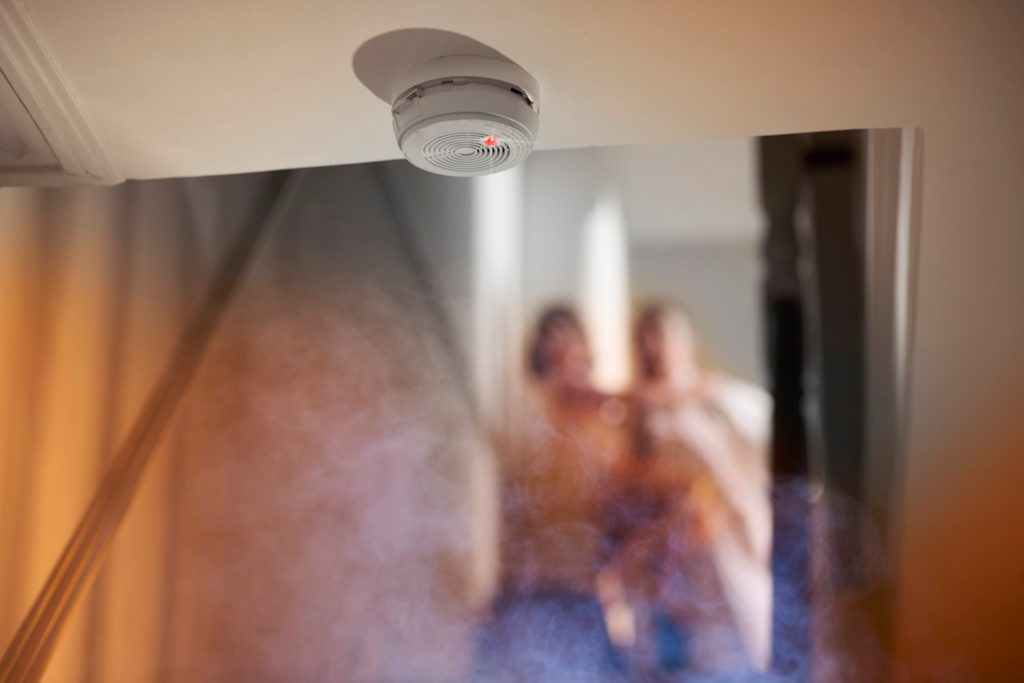
Where to Install Smoke Detectors
By: hemant
Smoke detectors help save lives – but only if they are installed correctly and in the right locations. In fact, the International Building Code (IBC) requires that homeowners upgrade a smoke detection system whenever any major remodeling project occurs, like a room addition or conversion. Contact your local building authority to confirm whether your area has adopted this rule, among others.
Now, read on to see if your home is properly protected.
Install one in every sleeping area. A detector should be installed in or just outside any room someone could dose off in, like a bedroom, guest room, or sleeping porch. What’s more, smoke detectors should also be installed in hallways if one or more bedroom doors open into them. While only one is necessary in most homes, it should be centrally located between bedrooms doors.

Install one in any room that lies between a sleeping area and escape route. If your escape route takes you through a hallway, then a living room, and then the kitchen to get outside, a detector should be installed in all three areas.
At least one on every level of your home. In addition to having a smoke detector in or outside sleeping areas and any space between sleeping quarters and an exterior door, you should also have at least one detector on every level of your home, even if that space is unfinished like a basement.
Don’t install too close to a steamy bathroom or stove. It’s beyond annoying to hear a smoke detector go off because you burned the bacon. Before installing one, measure horizontally 20 feet from the edge of the stove in each direction…still close enough to detect smoke from a fire, but not steam from a tea kettle.
Decide whether a ceiling or wall is best. While many smoke detectors are designed to be mounted on a ceiling, that’s not always feasible. If you must install on a wall, be sure that it’s within a few inches of the ceiling.
Here’s another bit of advice: for maximum security, insist on hard-wired vs. battery-operated smoke detectors. Hard-wired models are far more sensitive than their battery operated counterparts, and that means added safety for your home and family. Plus, once one alarm goes off, it sends a signal to all others in your home that triggers them, as well. For more information and a free in-home proposal, contact Excel Electric today.





